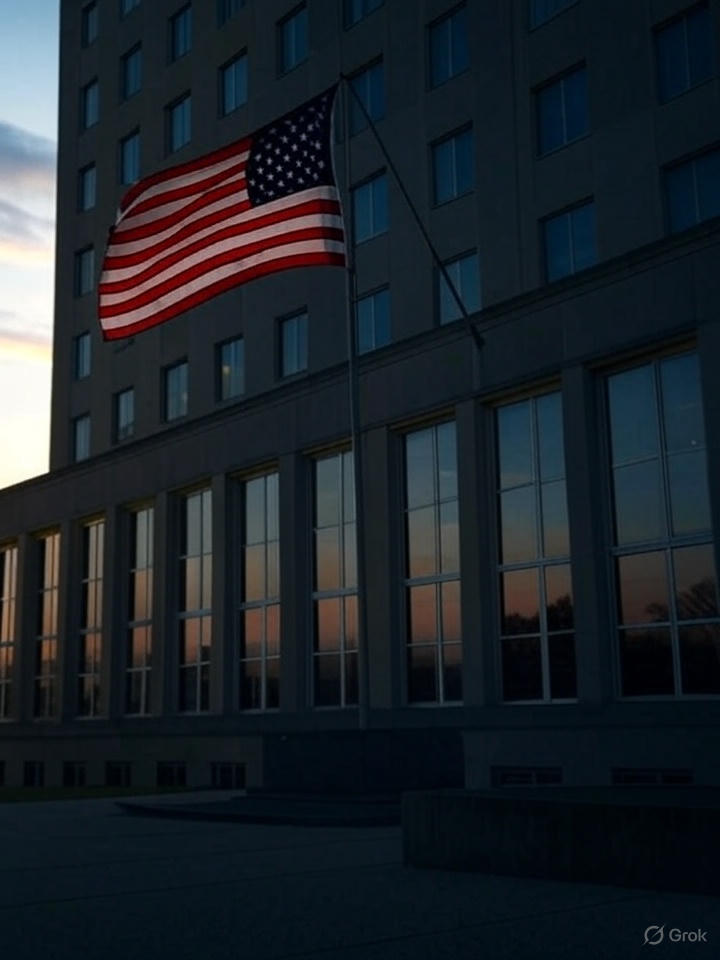The White House announced on July 22, 2025, that the United States will formally withdraw from the United Nations Educational, Scientific and Cultural Organization (UNESCO) by December 31, 2026 exactly two years after rejoining under President Biden (State, Globedge, Politico).
What Happened?
- Announcement State Department spokesperson Tammy Bruce described UNESCO as “woke, divisive,” advancing a “globalist, ideological agenda” inconsistent with the “America First” policy (The Guardian).
- Main grievances:
- Israel bias: The U.S. objected to UNESCO’s decision to grant full membership to the State of Palestine in 2011.
- Contentious DEI initiatives: The agency’s emphasis on sustainable development, gender equity, and cultural diversity drew criticism from the U.S. (Al Jazeera, Axios).
- Continued concern about anti-Israel rhetoric persist (Deutsche Welle).
Withdrawal Terms & Historical Context
- Effective date: December 31, 2026, allowing a two year wind-down. Until then, the U.S. remains a full member (State).
- Funding: The U.S. contributes around 8% of UNESCO’s budget significantly less than its historic 22% due to diversified funding after its previous exit (Reuters).
- Past withdrawals:
- 1984: Under Reagan over financial concerns and alleged bias.
- 2017: Trump’s first withdrawal over Palestinian membership and funding arrears; reversed in 2023 under Biden to counterbalance rising Chinese influence (Wikipedia, The Guardian).
Reactions
- UNESCO DG Audrey Azoulay called the move “regrettable but expected,” noting the organization had prepared by increasing voluntary contributions and diversifying finances. She stressed UNESCO’s continued focus on Holocaust education, cultural heritage protection, and global research (UNESCO).
- France: President Macron expressed “unwavering support,” affirming France’s steadfast commitment to United Nations Educational, Scientific and Cultural Organization principles (Reuters).
- China: Criticized the U.S. for acting irresponsibly, reaffirming its own support for United Nations Educational, Scientific and Cultural Organization (Reuters, Deutsche Welle).
- Israel: Praised the decision, with Foreign Minister Gideon Sa’ar welcoming U.S. “moral support and leadership” (Reuters).
- U.S. Senate: Senator Jeanne Shaheen criticized the move as “short‑sighted,” warning it gives China greater influence at UNESCO (Reuters).

Implications & Analysis
- Soft power impact: The U.S. withdrawal limits its influence on global cultural diplomacy, heritage site protection, science collaboration, and education standards.
- China’s opportunity: With the U.S. exiting, observers note that China with its increased share of UNESCO funding will likely gain sway over agency priorities (Reuters).
- Ideological shift: Critics argue this move reflects a retreat from multilateral engagement, branding UNESCO’s social programs as ideological “woke” overreach (Reuters).
- Domestic politics: The withdrawal aligns with Trump’s “America First” strategy, countering Biden-era re-engagement with global institutions.
- Cultural legacy: UNESCO best known for designating World Heritage Sites like the Grand Canyon or Palmyra claims its mission transcends politics; Azoulay highlights ongoing work in biodiversity, AI ethics, and post-conflict reconstruction (Al Jazeera, UNESCO).
Summary
The U.S. decision to exit UNESCO marks a pivotal moment in its foreign policy a deliberate reversal of recent engagement, framed under a populist agenda that rejects globalist and ideological norms. While preserving domestic political narratives, it also cedes influence in international cultural and educational cooperation to other powers like China and EU member states. The agency’s leadership maintains that operations will continue, but the long-term diplomatic and strategic consequences of U.S. departure effective at the end of 2026 are yet to unfold.

